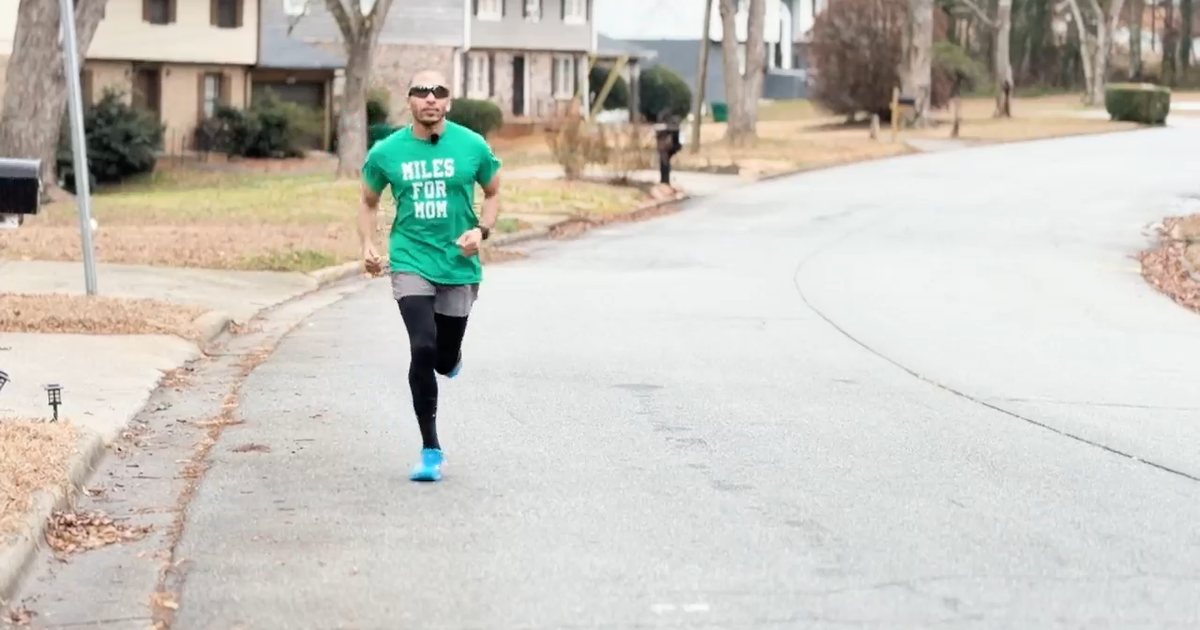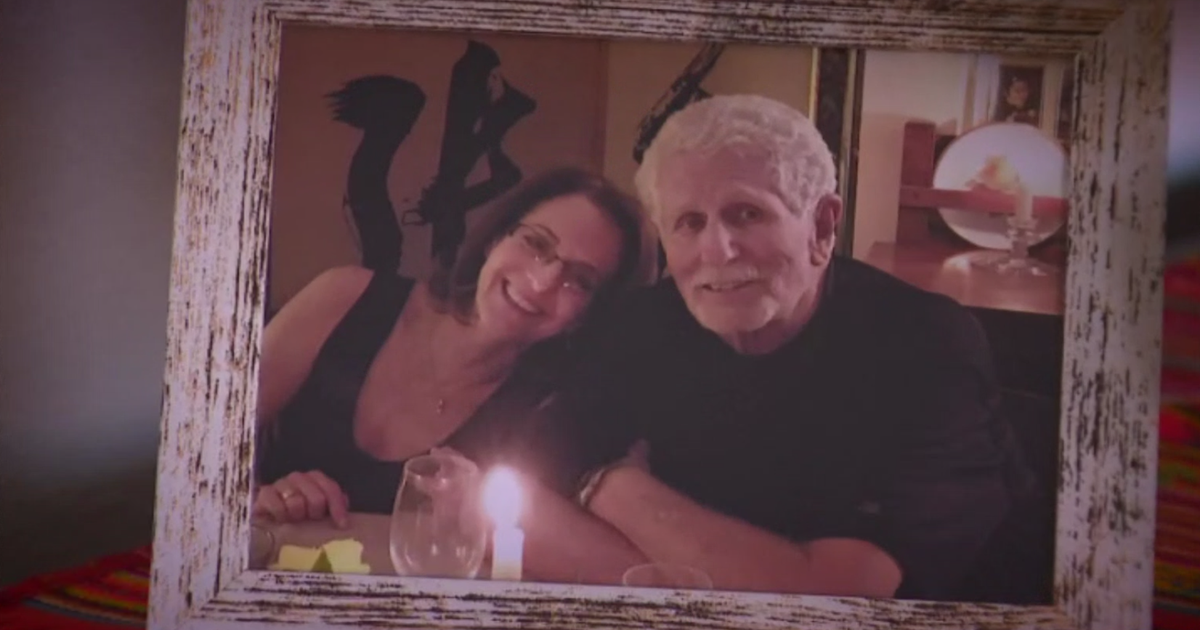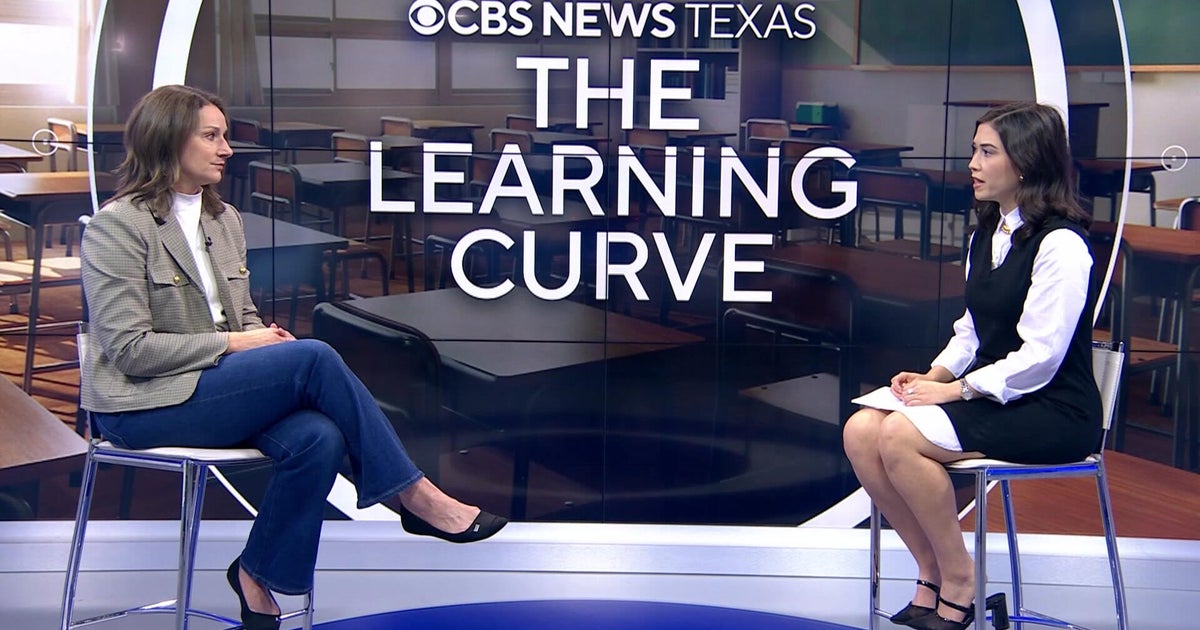Autistic Child's Mother Discusses Challenges
DALLAS (CBSDFW.COM) – The Centers for Disease Control now estimates that one in 88 children in the U.S. have autism.
Fifteen-year-old Michael Susens is one of them, diagnosed when he was just two years old.
"He didn't play with anybody," says his mother, Beth Susens. "He didn't turn his head when I came into the room, he didn't turn his head when I called his name."
Susens said she and her husband thought that Michael may have had a hearing problem and took him to an Ear, Nose and Throat specialist. She said he derided them as a "yuppie" couple who was expecting too much of their young son.
Still, their concerns persisted. It took months to see a specialist who, she says, diagnosed him that day.
"I was absolutely devastated — couldn't believe it. When you first get a diagnosis, and especially that young, everyone just says, 'oh, it'll be fine… he'll grow out of it'. You don't grow out of autism," she said.
And Susens is right.
Although environment and genetics are believed to play significant roles, experts say there is no clear cut cause for autism. There is no cure. But, there is treatment — and early intervention is critical.
"The younger that you can impact these children, they have a better outcome for the future," says Dr. Carolyn Garver, director of the Autism Treatment Center of Dallas.
Garver says tremendous strides in treatment have been made.
"It's a long process. But, these kids can really, really, progress, and they can have a really good quality of life," she said.
Although, admittedly, a different life from the one most parents imagine.
"He's not going to drive, he's not going to go to the prom … he's not going to have the life that you thought your child was going to have," says Susens.
So, now, she says, they focus on helping Michael be the best he can be at what he can do.
They say she feels fortunate that they were able to get him diagnosed and into treatment early.
Some warning signs for parents include a lack of interest in other children. Autistic children are also slow to imitate, regimented play— focusing rather on lining things up. Children with the disease also have delayed speech development.
Although parents may have noticed such behavior, Susens says the pull of denial is strong.
"They're like 'oh, he's just not as friendly as his friends, or he really likes to stick close to home, or whatever the excuse," she said. "You don't even realize you're doing it."
Over the years, Michael has received speech therapy, occupational and listening therapy.
He still attends a social skills group for two hours each week and has a trainer to help him participate in Special Olympics. None of his therapies are covered by insurance.
"We'd saved money," says Susens, "and we spent it all."
The family has spent hundreds of thousands of dollars over the years on specialized care for Michael. Still, Susens has no regrets.
"I'd do it again. I would never want to wake up one day and say, 'I didn't do every single thing that I could do to make his life better," she said. "I'm never going to be able to say that, because I do it every day."
Also Check Out:







